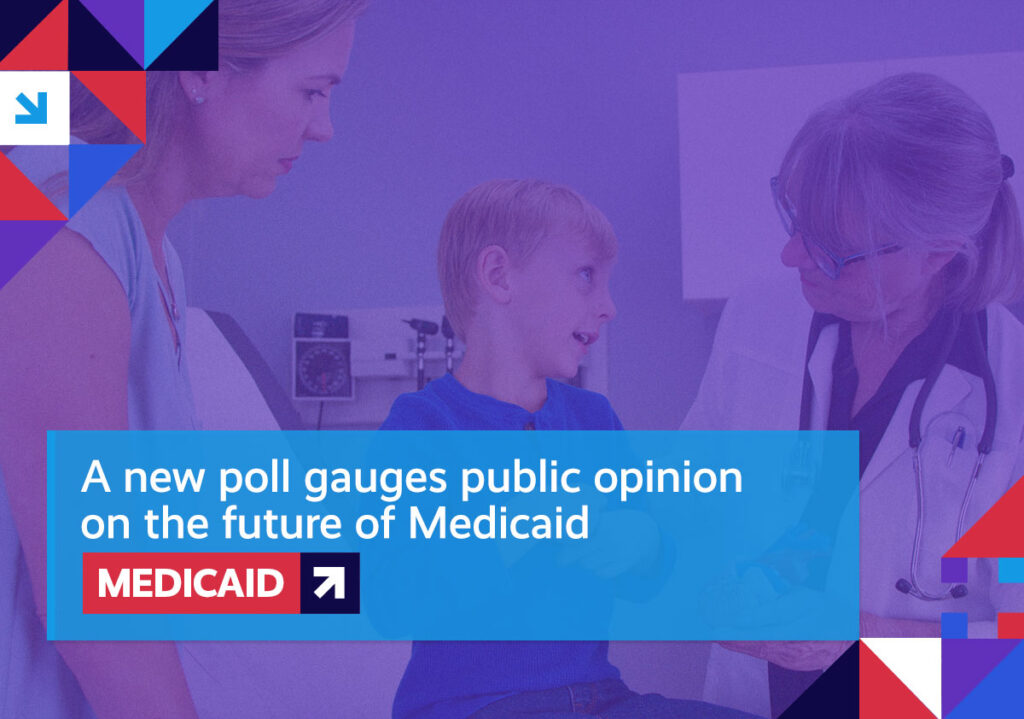A quick roundup of the issues driving the healthcare reform conversation.

Week in Review
RURAL CARE Medicare Advantage delivers value to rural beneficiaries.
Quick takeaway: A closer look at Medicare Advantage (MA) beneficiaries’ experiences helps showcase how the program improves access and lowers costs for American seniors in rural communities.
Digging deeper: Data shows that MA enrollees are more likely to use preventive care services and less likely to report having an outpatient visit than original Fee-for-Service (FFS) Medicare beneficiaries. Not only that, seniors enrolled in MA spend less on premiums and out-of-pocket costs than those in FFS.
But, according to the results of a recent analysis, the difference in healthcare spending is largest between MA and FFS beneficiaries living in rural areas.
The study also shows that rural beneficiaries enjoy a variety of options, with the average enrollee having nearly 30 MA plans to choose from. On top of that, MA enrollees in rural areas report higher levels of satisfaction with how easily they’re able to see their doctor than FFS enrollees.
What it means: Despite efforts to undermine the value of the program, Medicare Advantage plans continue to deliver better health outcomes, increase access, and lower costs for millions of American seniors.
SUPPLEMENTAL BENEFITS Enrollees’ use of Medicare Advantage supplemental benefits leads to better healthcare utilization outcomes.
Quick takeaway: Data highlights the impact of supplemental benefits for MA beneficiaries, including those with greater health-related social needs.
Digging deeper: In addition to the coordinated model of care offered through the Medicare Advantage program, MA plans also offer supplemental benefits, or services that aren’t covered by traditional Medicare, such as vision and dental care, as well as transportation and nutritional support.
Given the growing attention to supplemental benefits in MA, a new study from Elevance Health’s Public Policy Institute provides data-driven evidence on the association between supplemental benefits and healthcare utilization. Among the findings:
- Use of MA supplemental benefits is associated with a decrease in likelihood of an inpatient or non-emergent emergency department visit.
- Utilization of supplemental benefits in MA is also associated with an increased likelihood of a beneficiary having an annual wellness visit or preventative screening.
- These results were especially favorable for dual-eligible beneficiaries (those qualifying for both Medicare and Medicaid).
What it means: The findings reinforce the importance of regulatory flexibility in MA plan design. By encouraging investment in areas such as supplemental benefits, Medicare Advantage plans are better able to meet the diverse needs of vulnerable populations.
MEDICARE SOLVENCY Nearly three-quarters of Americans are worried about the future of Medicare.
Quick takeaway: According to a new survey, 73 percent of U.S. adults under the age of 65 aren’t sure the Medicare program will still be around when they’re eligible to sign up for it.
Digging deeper: Americans concerned about Medicare’s solvency have reason for hope: Medicare Advantage is extending the life of the Medicare program. A recent Medicare Trustees report shows that Medicare’s financial situation has improved, with the program’s solvency having been extended by 5 years, on top of last year’s 3-year improvement. That’s because Medicare Advantage costs 7 percent less to taxpayers than original Medicare.
In fact, according to one study, Medicare Advantage could help extend the life of the Medicare program by as much as 17 years.
What it means: The data reinforces the importance of investing in Medicare Advantage to ensure that Medicare benefits are offered to future generations of Americans.
Rx PATENT ABUSE Pharmaceutical manufacturers continue to exploit the patent system to their benefit.
Quick takeaway: Through the use of “product hopping,” drugmakers are able to artificially extend the patent life of drugs about to face generic competition.
Digging deeper: It’s no secret that Big Pharma will do whatever it needs to do to protect its bottom line. Whether that’s raising prices on hundreds of drugs (twice annually!) or introducing new medicines with 6- or 7-figure launch prices, the pharmaceutical industry has perfected their ability to maximize profits. Product hopping is just another example of how they’re able to accomplish this.
By winding down production of a drug formulation that’s nearing the end of its patent lifecycle, drug manufacturers then force patients to switch prescriptions to newly-formulated – and, newly-patented – versions of the same drug. That company is then able to extend the monopoly protections for their drug, allowing them to charge whatever they want for it.
What it means: Stakeholders are raising the alarm, drawing attention to how product hopping stifles competition and keeps prices for drugs artificially high.
Spotlight
| You can keep up with the latest by following the Health Action Network on X and by liking us on Facebook. And, be sure to check us out on LinkedIn, too. As always, let us know if there’s something you’d like to see covered in a future newsletter. |
The Health Action Network includes everyday Americans—families, workers, businesses, patients, providers, neighbors, and friends. We are working together because we support market-based solutions that offer better healthcare choices and help build a stronger economy. The Health Action Network is an Elevance Health, Inc., initiative.

